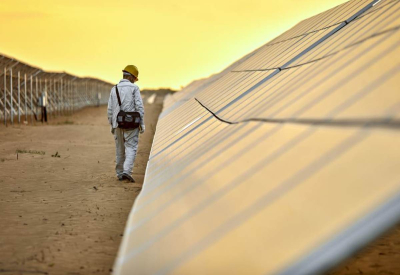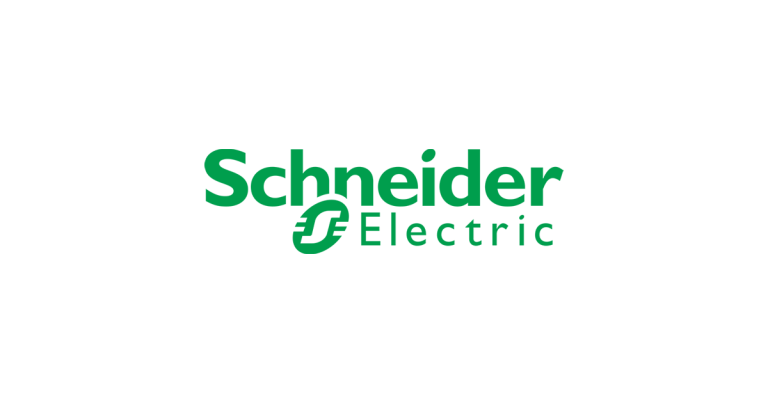Extreme Environment at UL’s Saudi Arabia Test Facility Highlights Why Risk Mitigation Is Critical to PV Module Lifetimes

April 23, 2021
Increased understanding of reoccurring weather events, such as sand, dust and hailstorms, is critical to driving future project efficiencies and extending photovoltaic (PV) module lifetimes, according to UL, the global safety science leader and one of the world’s top advisors on the development, evaluation and optimization of renewable energy projects. This, coupled with deeper knowledge of extreme air temperatures and wind load, corrosivity, abrasion, hail and PV module mounting techniques, is essential if global solar owners and operators are to unlock future project performance gains. Gulf Renewables Lab, a UL- Gulf Cooperation Council (GCC) Labs joint venture, is able to evaluate PV module durability after exposure to extreme conditions at an outdoor test facility in Saudi Arabia, co-located with a state-of-the-art indoor PV testing laboratory. UL recently completed a yearlong study at the Saudi facility that provides guidance to drive future industry best practice for PV lifetime performance in extreme environments.
The outdoor test field is located in an open, sandy area, approximately ten kilometers from the sea, where temperatures range from 5 – 53 °C / 41 – 127 °F and the average humidity reaches 80%. The extreme environment of the test facility provides a unique opportunity to better understand ambient and module temperatures, deepen industry understanding of reoccurring events such as sand, dust and evaluate the performance and behavior of differing PV modules. PV modules can be monitored in real-time operation at the outdoor facility and tested at regular intervals on highly accurate indoor laboratory equipment to detect degradation in performance or safety.
“For nearly 40 years, UL has led the way in the development and evolution of global PV market certification and standards,” said Colleen O’Brien, primary designated engineer at UL. “However, as the development and deployment of PV modules accelerates, and as project developers and operators seek to meet an increased power and energy demand, it’s critical that standards associated with safety, quality, performance and durability of PV modules continue to improve, and help facilitate real-world PV modular reliability and practical, operational best practice.”
Research at the Saudi facility has unlocked a series of practical recommendations for PV modules operating in extreme environments, to:
- Mitigate against high module temperatures that impact performance.
- Test and monitor the risks associated with invisible microcracking.
- Proactively monitor and check for hotspots, using an infrared test.
- Create thermal breaks between modules operating in high temperatures.
- Limit sand/soil movement/contamination during installation and shipping.
- Avoid panel expansion/cracking damage through installation strategies.
The study findings were co-presented at the UL Middle East and Africa Renewable Energy Summit by UL’s O’Brien and Mohammed Alghamdi, renewable lab supervisor, Gulf Renewables Lab. To view the presentation from the MEA Summit with the study findings, visit https://www.ul.com/resources/middle-east-and-africa-renewable-energy-summit.

















